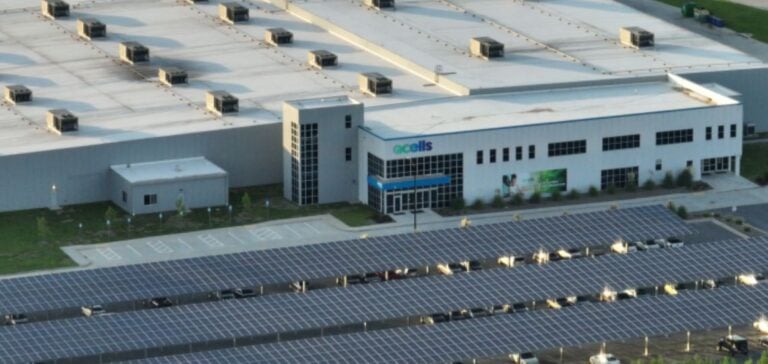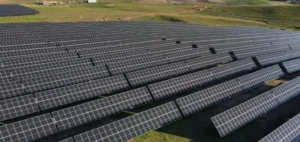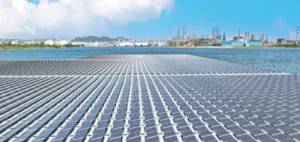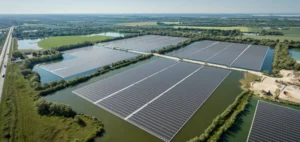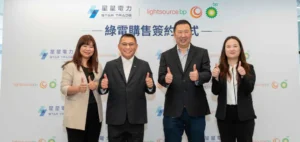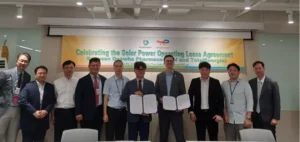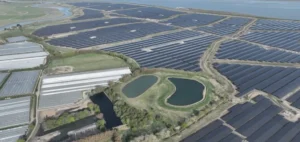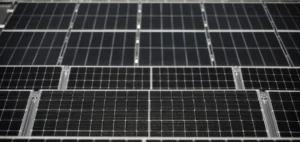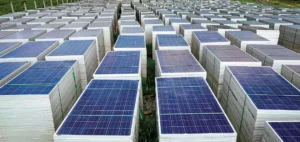The U.S. Department of Energy (DOE) recently approved a $1.45 billion conditional loan guarantee to Qcells, a subsidiary of South Korea’s Hanwha.
This financial support is intended to facilitate the expansion of Qcells’ solar panel manufacturing plant in Cartersville, Georgia.
The plant, which requires a total investment of $2.5 billion, will produce not only solar panels, but also essential components such as cells, ingots and wafers.
This initiative is part of the US government’s wider strategy to strengthen domestic renewable energy production and reduce dependence on imports, particularly in a market where competition with imported, often low-cost, products is fierce.
The DOE’s Loan Programs Office, which oversees this loan guarantee, stresses that the aim is to create enough capacity to supply around 500,000 US homes with solar power each year.
Impact of the Inflation Reduction Act on the Solar Industry
The support for Qcells is part of a series of federal incentives introduced by the Inflation Reduction Act, President Joe Biden’s flagship legislation aimed at boosting domestic production of components for renewable energies.
Qcells, which has already been operating another factory in Dalton, Georgia, since 2019, sees this loan guarantee as an opportunity to consolidate its position in the US market in the face of pressure from cheap solar panel imports, mainly from Asia.
The new Cartersville plant, which began producing solar panels in April, is a key element in this strategy.
By the end of the year, Qcells plans to start production of the sub-components needed to manufacture the panels.
Once fully operational, the plant will employ nearly 2,000 people, strengthening the local economy while contributing to the country’s energy objectives.
Challenges and Opportunities for Solar Generation in the United States
Despite federal incentives, the US solar market continues to face major challenges.
The influx of cheap solar panels into the US market is putting pressure on domestic producers, limiting their ability to compete on price.
Qcells, like other US manufacturers, navigates in an environment where competitiveness is challenged by often subsidized imported products.
Nevertheless, support from the DOE, in the form of this loan guarantee, offers Qcells a breath of fresh air to face these headwinds.
The successful implementation of this project could not only solidify Qcells’ position in the USA, but also serve as a model for other domestic production initiatives in the renewable energy sector.

